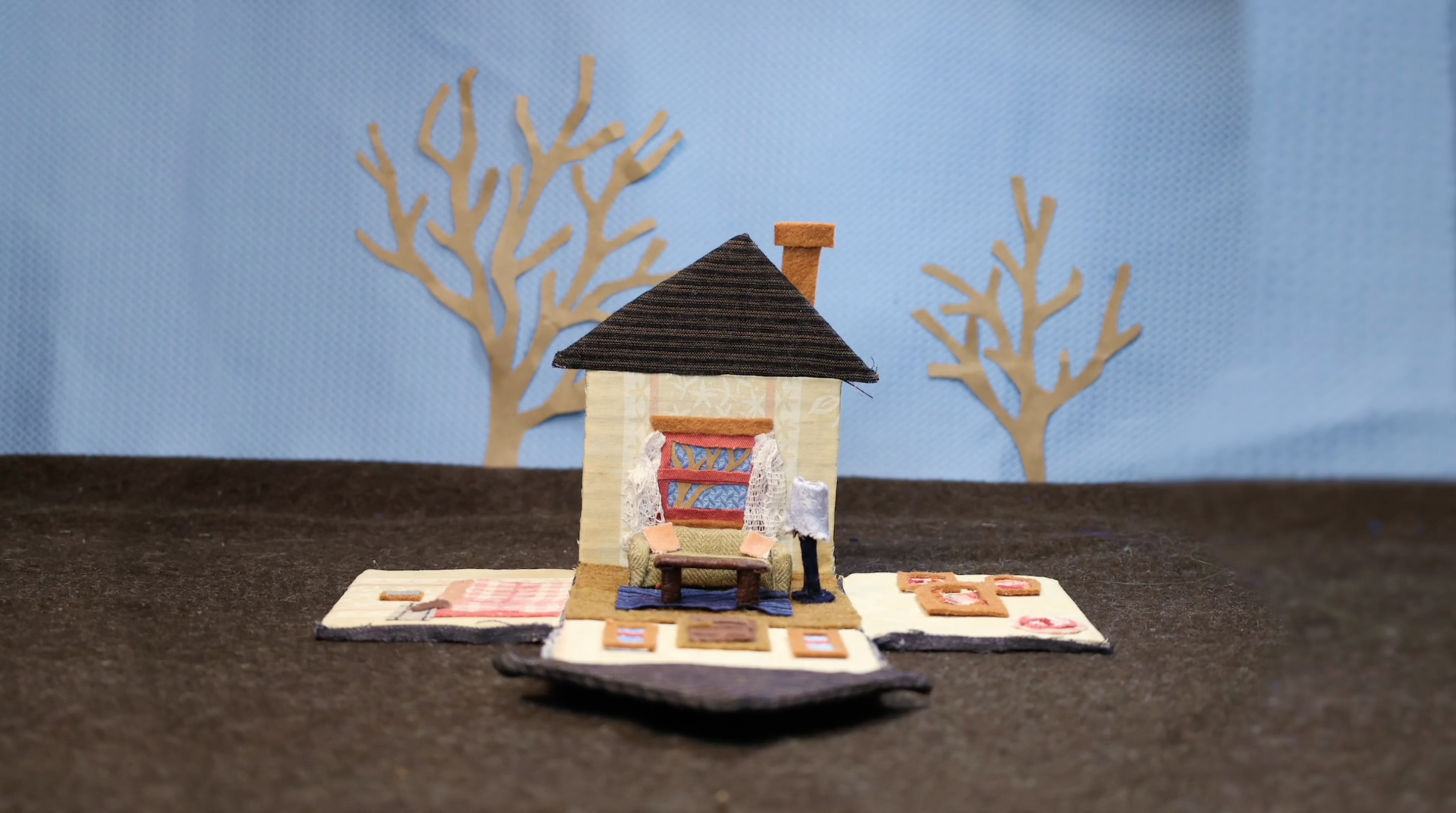Every 10 years, the U.S. Constitution requires all residents to be counted through the Census. The Census occurs every decade, and once it concludes, the redistricting process begins. Redistricting is the redrawing of boundaries to ensure that U.S. citizens in a given state or city have a relatively proportionate number of constituents to serve in legislative offices. The redrawing of district lines is done at every level of legislative government: city, county, state and federal.
Housing is Safety
Four walls. A roof. Doors that can be locked with a key. These are things that provide you with security, safety and stability when you’re housed. It’s easy to take these feelings for granted. I sure did until I lost my housing, and I had to struggle to keep my security, safety and stability in my newly unhoused state.
Now, imagine if you’re trying to avoid some asshole who’s harassing or bullying you,
California Has a New Law on Eviction Protections
What does it mean for tenants?
Reprinted from CalMatters
When California legislators voted last June to again extend eviction protections, they promised the third time would be the charm.
But the state’s rent relief program, which has struggled to reach the neediest tenants and landlords from the start, continues to lag. As of last week, the state has paid $2.4 billion to about 214,000 households — fewer than half of all who have applied for aid.
Made Homeless by COVID-19
When the first case of COVID-19 was reported, no one knew how far it would spread or how dramatically it would impact our lives. No one knew the damage it would do to our health, our finances, our mental wellbeing. As I write this the impact of this pandemic has been felt across borders, affecting everyone regardless of age, sex, religion or even social status. What we used to see as a normal routine became a luxury as our movement was restricted by lockdowns and self-isolations.
Abolish Absentee Ownership and Criminalize Rent
If “activists” want to help the homeless, they can start by questioning the role of property. Two hundred years ago, there wasn’t any “real” property. Workers belonged to ‘manors’ or other post-feudal systems, enjoying just enough agency to make homes for themselves, to shelter in place, and to learn a trade. Goods were shared between workers largely based on need and interpersonal social status. Fiat currency is an historically new method for maintaining class division,




